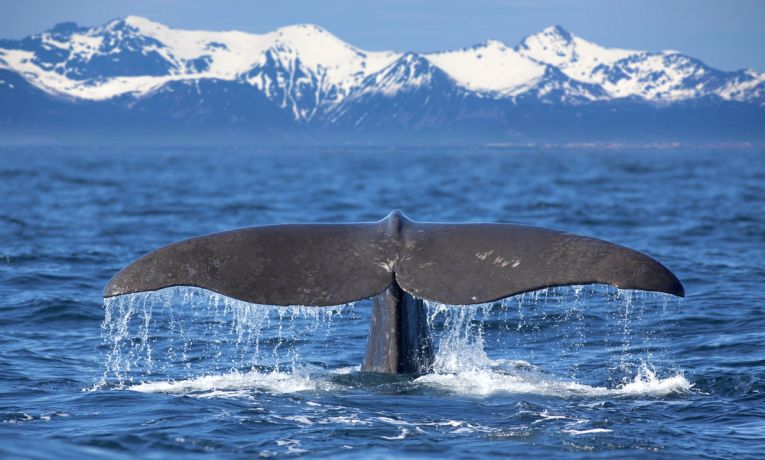Xianyao Chen and Ka-Kit Tung of the University of Washington in Seattle and the Qingdao Ocean University of China have affirmed our suspicions about the Atlantic Ocean. It has been retaining heat, along with the Southern Ocean (around the Antarctic.) Their important paper is published in the journal Science as - Varying planetary heat sink led to global-warming slowdown and acceleration.
Surface temperature measurement floats have revealed the truth. There is a global heat sink, situated at "intermediate" ocean depths, that has been associated with surface warming until the 21st century saw heat energy transferred to deeper oceans. The authors traced the path of these surface temperature changes to the Atlantic and the Southern Ocean and estimate the present slight cooling (or slowdown in global warming will last between 20 and 35 years. The involvement of the Pacific is a significant but lesser and short-term event, it seems.
Currently temperatures have been stable at the surface for 15 years, so we can assume we are halfway through this complex process of heat transfers. The trigger for this unexpected effect at the turn of the millennium was in the north of the Atlantic. There, surface water became saltier, which makes the water denser. It sank with its heat energy to at least 300m (984 feet.) Half of the global energy storage change has since been stored in the Atlantic since 1999, and the other half in the Southern Ocean.
This research is important precisely because volcanoes, increasing numbers of power stations and the larger Pacific Ocean have been blamed for the slowdown in global warming. Now we can see the role of the other oceans for the first time. The trouble is that this heat will soon escape to the surface and then to the atmosphere, accelerating the climate change we already have!










